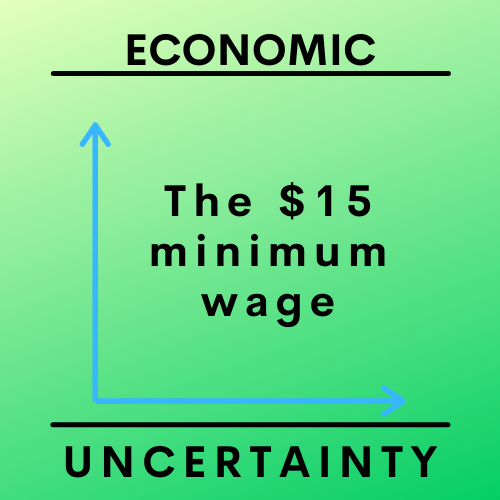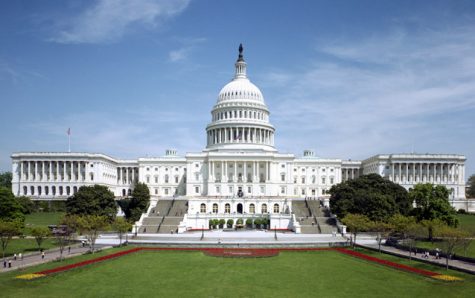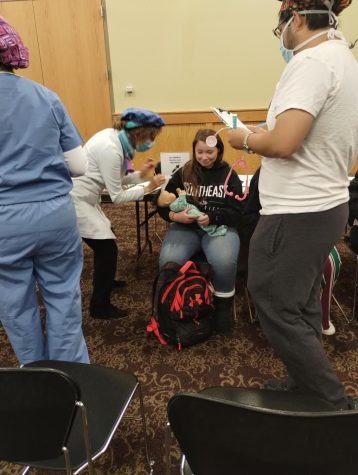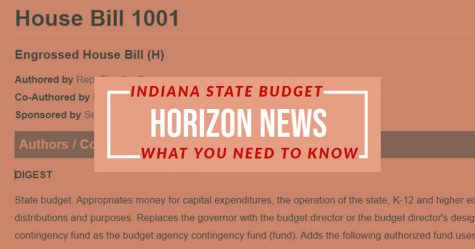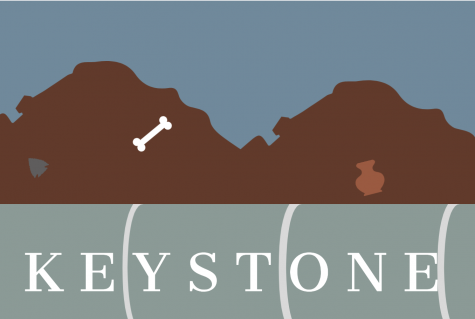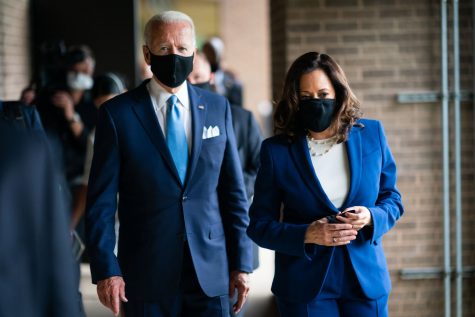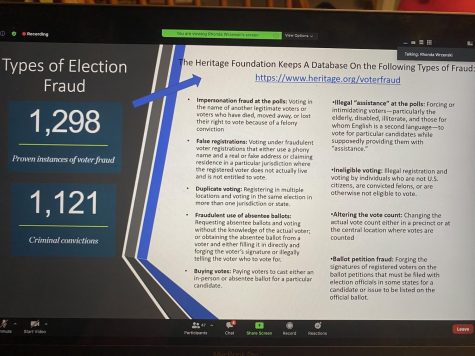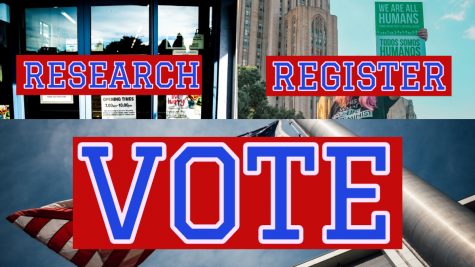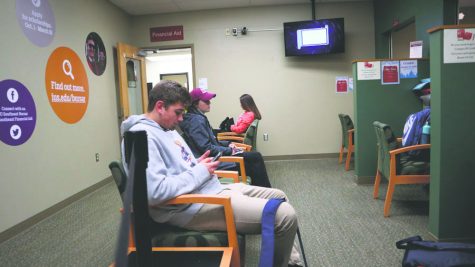President Biden’s push to raise the federal minimum wage sparks controversy
Student workers and economists disagree on possible outcomes of raising federal minimum wage to $15 per hour
February 11, 2021
President Joe Biden’s push to raise the federal minimum wage to $15 per hour as a part of his $1.9 trillion COVID-19 relief package proposal has sparked lots of controversy, raising tensions between Democrats and Republicans in Congress.
President Biden said in an interview with CBS News on Friday, Feb. 5, that he believed it was unlikely that the $15 minimum wage would be passed by Congress in the COVID relief package.
Many Americans are worried that an economy already devastated by the COVID-19 pandemic will not survive such a significant increase in the minimum wage and ruin small business owners who have already been hit hard during the pandemic.
Democrats argue that the current federal minimum wage of $7.25 per hour, which has not changed since 2009, is not a living wage. The minimum wage is not keeping up with the rate of inflation, which puts millions of working Americans below the poverty line.
“Personally, I find that the raising of the minimum wage to $15 an hour, or even more, is crucial for not only individuals but also for the nation as a whole,” said Evan Hunter, a senior majoring in political science major at IU Southeast. “While there would still be much work to be done, simply being able to drop even one job and still be able to breathe financially would help so very many talented people academically.”
Hunter, who currently works as a student tutor and success alliance leader at IUS, thought it was important to point out that many college students must balance multiple low-paying jobs on top of their schoolwork just to have enough money to pay their bills.
“To have intelligent and talented individuals oftentimes be restricted academically because they are working two or three jobs at once to get by and continue their education is not only horribly unfortunate for those individuals, but is also terrible for higher education within this nation,” Hunter said. “The amount of fantastically intelligent and talented individuals that I have seen drop out due to financial reasons is far too high.”
While students and other lower-income workers would be elated to accept an increase in pay, economists warn that it simply isn’t that easy.
Arun Srinivasan, an associate professor of economics at IUS, points out some of the problems that raising the minimum wage would have on the economy.
“Businesses and firms will have to increase the [minimum] wage, which will lead to firms hiring fewer workers; roughly 1.4 million workers will lose jobs or will not be hired according to the Congressional Budget Office,” said Srinivasan. “Firms will pass on the higher cost to the consumers in the form of higher prices when this policy goes into full effect.”
“The minimum wage is a mixed-bag policy that helps some in one group by harming others in the same group. Think of it as making it more expensive to hire the least-skilled workers in our economy,” said Eric Schansberg, a professor of economics at IUS. “Its long-term costs are troubling too since it reduces opportunities to get the training and experience that would make them more valuable in labor markets.”
Schansberg argues the proposal is poorly-targeted because it is aimed at helping the heads of households when few workers fall in that category.
“It would be better to increase the earned income credit, funneling money only to working heads of households, without making it more costly to hire them,” he said.
While it is uncertain whether Congress will approve an increase to the federal minimum wage as a part of the COVID-19 relief package, President Biden has stated he will take whatever steps necessary to raise the federal minimum wage to $15 per hour, even if he must propose a bill completely separate from the relief package.

